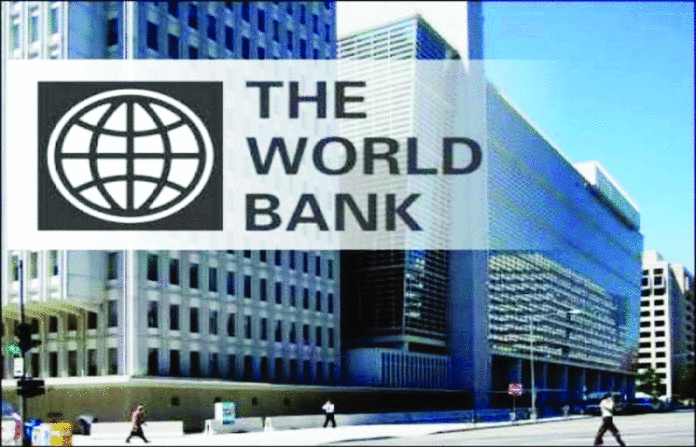The World Bank has postponed its decision on approving an additional $70 million credit for Pakistan Raises Revenue (PRR) project, which aims to support the Federal Board of Revenue (FBR) in its transformation plan, according to a news report.
The funding was scheduled to be reviewed by the World Bank’s Board of Executive Directors on May 21, 2025, but further negotiations between Pakistani officials and the bank will occur next week. The revised timeline for approval is now expected in June 2025.
The delay comes as the World Bank evaluates adjustments to the PRR project, which is critical for Pakistan’s tax system overhaul. Official documents suggest the country’s fiscal policies currently have a limited impact on poverty reduction and economic inequality, with a high burden on the poor.
The additional financing, which includes a Level 2 Restructuring, would introduce new activities and modify some existing components under the PRR project. It also extends the project’s completion date to June 30, 2027, with the total amount of the project rising to $470 million.
The main objective of the project is to increase FBR’s revenue collection, targeting 10% of GDP by fiscal year 2027, as part of the broader goal to raise the tax-to-GDP ratio to 15% by 2035. Enhanced tax collection is expected to reduce fiscal imbalances and improve Pakistan’s ability to finance public services.
The PRR project is structured with two main components. The first, a results-based financing component of $320 million, links disbursements to progress on key tax system reforms. The second component, with an allocation of $80 million, focuses on enhancing FBR’s ICT infrastructure to improve tax administration and customs operations.
The World Bank’s proposed restructuring is a response to Pakistan’s request to scale up project activities, particularly in technology investments, to meet emerging priorities in tax reform.
In a related development, a World Bank delegation led by Bilal Khalid, task team leader, visited Sindh’s Badin district this week to inspect key development projects aimed at improving emergency response, water access, and rural connectivity.
The delegation visited the newly constructed Rescue 1122 district headquarters in Badin, which is now fully operational. Khalid directed that the facility be handed over immediately to Emergency Service 1122. Built on a 36,000-square-foot plot, including both office and residential space, the centre will support emergency services in health crises, fires, and road accidents throughout the district.
Additionally, the World Bank team reviewed the rehabilitated water supply scheme in Kario Ghanwar, Taluka Shaheed Fazil Rahu. After heavy rains damaged local water storage ponds, residents had been relying on contaminated water. The restored scheme now has a capacity of 1.5 million gallons, providing clean water to 14,000 people across 2,000 households.
The delegation also inspected a newly upgraded 11-kilometre rural road connecting Peeru Lashari village to Machari village, which serves about 25,000 people. The road has been elevated by one metre to protect against flooding, and improvements have been made to enhance traffic flow and support local economic activity.




